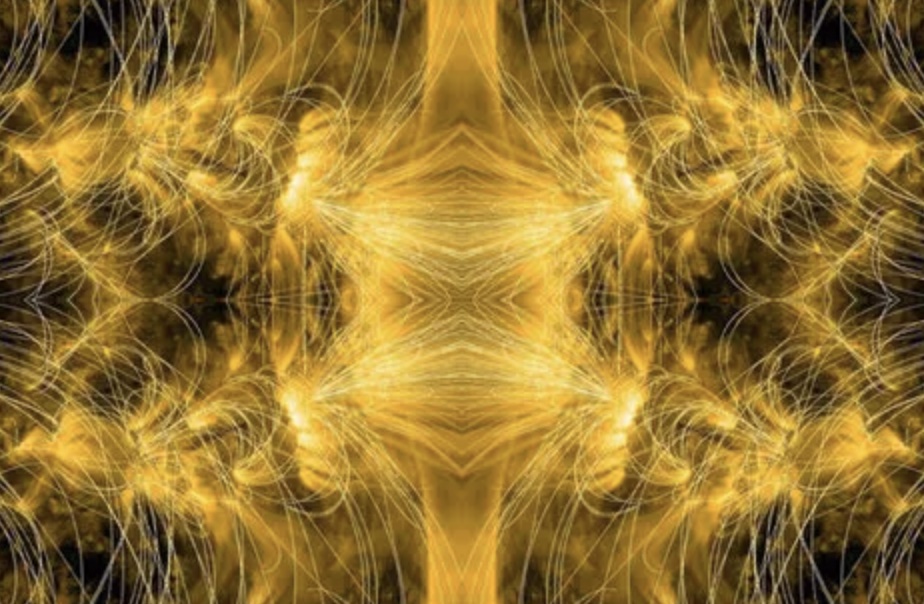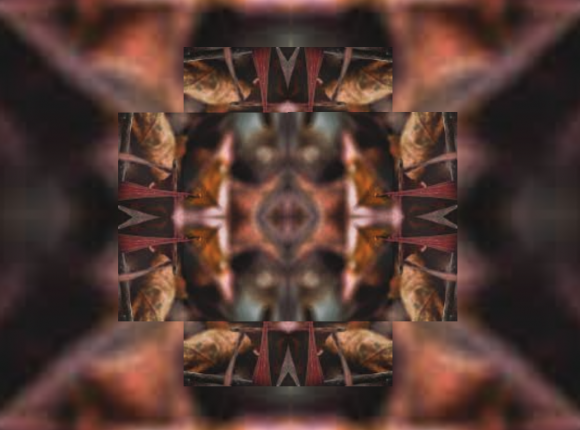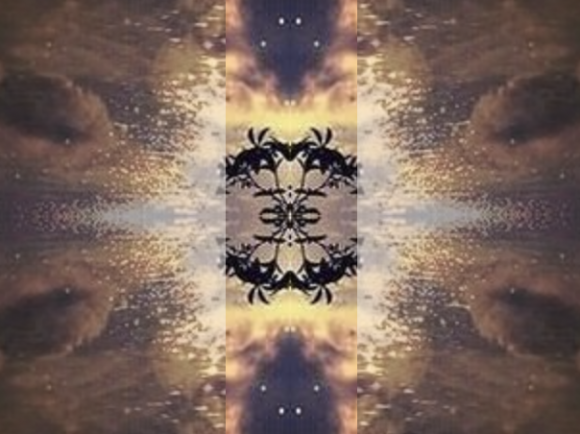There is an interesting corollary to the argument of the individuation essay, as I have reconstructed it in my recent postings. That argument was, roughly, that a psychological individual had to be (by presupposition) a “whole”, expressed and held together by some structural principle; that this whole could not coincide with the conscious subject, and this structural principle could not be the subjective field centered around the “I” — basically, because this would not sufficiently take into account the large share of unconscious psychology (assumed to be, following tradition) in the individual; and that a certain person-like character would be a good substitute for conscious subjectivity as such a principle.

It’s not that the ego does not have person-like character: of course it has. That’s not what defines the ego, however (what defines it is the relationship of every psychological episode to the subject, the “I”, who has the episode and is conscious of it). The person-like character is not what expresses the ego, and holds it together; but it does express (and holds together) the larger whole, or what Jung calls a “psychological individual”, and that includes the unconscious portion as well.
Now this means (and this is the corollary) that Jung seems to reserve a special, sui generis notion for consciousness. It’s true that the ego complex is simply one among others, as long as we look at it simply as another complex with personality characteristics. But it is the only one which also is structured as a subjective field; none of the other complexes, i.e. the unconscious ones (the Shadow, Anima, Hero, Wise Old Man, …) is, nor is the whole (the “psychological individual”). In fact, by arguing, as he does throughout the individuation essay, that the unconscious and the whole cannot have a center like consciousness has, Jung carves out a special status for consciousness. (Conversely, insisting that the ego is “just” one among many complexes, as Hillman does in RVP, either overlooks or deliberately drops this sui generis status.) Building the notion of a individual around the person-like character of complexes does replace the idea of a subjective field and its center at the core of psychological theory; but it doesn’t entirely eliminate it, and there is no indication that Jung intended the latter.
And this has an important methodological upshot, too. Although we can look at the ego as a personality — and perhaps the most persistent and most integrated of them all, compared with the fragmentary personalities emerging in dissociation or those hidden in the unconscious layers, such as Shadow, Anima, and so on —, this does not mean that the ego personality serves as the paradigm from which person-like character is derived. Person-like character is the primary, more basic notion here, It comes first in the order of explanation, and it serves to enable the theory to conceptualize and empirically observe and describe complexes. Only then, given this has already happened, the ego emerges as the most complete and integrated type of complex. (And what makes it most integrated might well be thought to be the additional, sui generis structure of a subjective field which forms it, in addition to the person-like character.) In other words, the person-like character Jung cites as what gives form to an individual is not derived from the ego personality, but conceptually prior to it.
(This is what, I think, is what Hillman’s notion of “personifying” captures.)



